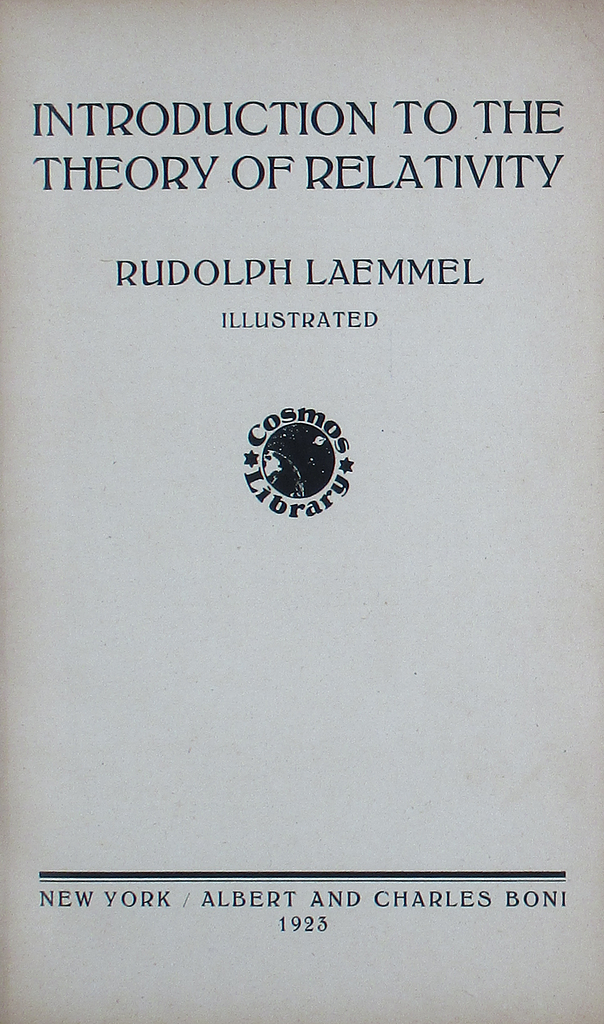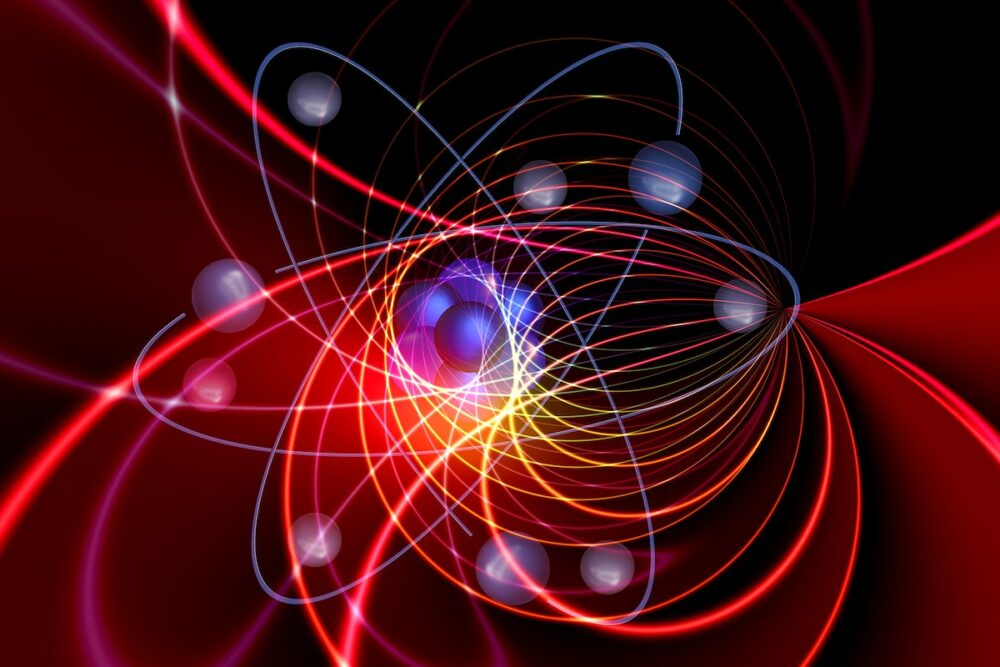Introduction
Our grasp on universal knowledge has evolved through science which transformed both our perspective of existence and advanced society’s development. Throughout history, intelligent beings developed theories that rejected past wisdom to create new scientific breakthroughs.
All modern life and technology depend on scientific theories about gravity evolution and quantum mechanics while relativity guides our understanding of reality. This article reviews 10 new scientific discoveries that changed our complete understanding of the world today.
10. The Heliocentric Theory – The Sun at the Center of the Universe
Proposed by: Nicolaus Copernicus (1543)
Table of Contents
Why It Changed Everything:
From the 1500s until then most people embraced a cosmic system where Earth stood as the cosmic center. Nicolaus Copernicus harmed the geocentric model by introducing the heliocentric theory which showed Earth and other planets moving around the Sun while the central location never went to the Sun.
- The Sun serves as the central element of our solar system instead of Earth holding that position.
- Other planets and Earth move around the Sun during their orbits.
- This new system correctly showed how planets move through space when people used it instead of the Earth-centered model.
Impact on Science:
- Galileo Galilei and Johannes Kepler built upon their evidence to share their findings.
- Newton used these findings to create his final theories about gravity and motion.
- Astronomy entered modern times with these discoveries.
9. The Germ Theory of Disease – Microorganisms Cause Illness
During the nineteenth century, Louis Pasteur and Robert Koch proposed this concept.
Why It Changed Everything:
- People used to think illness developed from pollution of the air or from above-natural factors. The Germ Theory proved that:
- The spread of disease happens due to bacteria and viruses present in nature.
- Medical practitioners could stop the disease’s spread by using antiseptic practices and immunization.
- The new medical developments improved human health.
Impact on Science:
- Revolutionized medicine and public health.
- Doctors created antibiotics and vaccines through the new findings.
- The theory helped protect people from dangerous smallpox and cholera outbreaks.
8. The Theory of Evolution by Natural Selection
Proposed by: Charles Darwin (1859)
Why It Changed Everything:
- In his publication On the Origin of Species Darwin showed that:
- Every species develops and changes through natural selection.
- Natural selection sends inherited qualities that save alive organisms for tomorrow’s offspring.
- People and other life forms have the same origins.
Impact on Science:
Revolutionized biology and genetics.
He disagreed with religious and cultural beliefs on how life started.
The scientific progress made these disciplines better.

7. Newton developed both the Motion and Gravity principles
Proposed by: Isaac Newton (1687)
Why It Changed Everything:
Through his laws of motion and gravity, Newton described how objects behave under such interactions. When undisturbed a moving object stays moving without stopping.
- Force matches when mass multiplies by movement rate (F = ma).
- For each physical push or pull in motion something pushes back with equal force.
- Gravity functions as a single force that controls celestial bodies everywhere in space.
Impact on Science:
The system built the base for physics during the classical period.
The discoveries brought engineering and space research programs forward in physics.
The new information enabled scientists to track planet paths and create space vehicles.
6. Einstein’s Theory of Relativity
Proposed by: Albert Einstein (1905 & 1915)
Why It Changed Everything:
The scientific community has made groundbreaking discoveries in physics because Einstein developed both relativity theories.
- Time and space change according to movement and gravity influences them both.
- Every observer measures light speed to be the same value.
- Space-time curves create the force known as gravity.
Impact on Science:
- Research in this field resulted in the creation of GPS technology.
- His understanding advanced knowledge about black holes and showed why the universe moves apart.
- Inspired new fields of physics, like quantum mechanics.

5. The Big Bang Theory – The Origin of the Universe
Proposed by: Georges Lemaître (1927)
Why It Changed Everything:
Through the Big Bang Theory, researchers suggest that early universe behavior yielded the following results.
- At 13.8 billion years past scientists see that the universe emerged from a compact extremely hot base.
- Research focused on creating both space and time along with material elements.
- The cosmos continues to expand today.
Impact on Science:
- Developed the best explanation for the universe’s origin, led to discoveries such as cosmic microwave background radiation, and encouraged more research into dark matter and energy.
4. Quantum Mechanics:
The Science of the Subatomic World Proposed by Max Planck, Niels Bohr, and Werner Heisenberg (20th Century)
Why It Changed Everything:
- Particles can exist in numerous states simultaneously (superposition), according to quantum physics.
- A particle’s behavior is altered by observation (the observer effect).
- At the atomic level, matter and energy act quite differently.
Effect on Science:
- led to the development of lasers, quantum computing, and contemporary computers.
- contributed to the development of medical imaging and nuclear energy.
- changed the way we think about probability and reality.

3. Alfred Wegener proposed the Theory of Plate Tectonics:
- The Movement of Continents in 1912, and it was confirmed in the 1960s. It changed everything since it explained how the Earth’s crust is divided into shifting plates.
- Volcanoes, mountain formations, and earthquakes are all caused by these plates.
- Pangaea was a supercontinent that once united continents.
Effect on Science:
- described volcanic activity and earthquakes.
- transformed the Earth sciences and geology.
- predicted the occurrence of natural disasters.

2. The Genetic code and DNA
James Watson, Francis Crick, and Rosalind Franklin proposed in 1953.
- Why It Made All the Difference: Traits are determined by DNA, which also conveys genetic information.
- The four chemical bases that makeup genes are A, T, C, and G.
- From one generation to the next, life is encoded in DNA sequences.
Effect on Science:
- led to the development of CRISPR technology and genetic engineering.
- transformed agriculture, forensic science, and medicine.
- solved puzzles on heredity and evolution.
1. Several scientists proposed the Laws of Thermodynamics or the Rules of Energy,
in the 18th and 19th centuries.
The First Law states that energy cannot be created or destroyed, which is.
why it changed everything:
- According to the Second Law, heat always goes from hot to cold.
- It is impossible to reach absolute zero (Third Law).
Impact on Science:
- Contributed to the development of power plants, engines, and refrigerators.
- laid the groundwork for contemporary chemistry and physics.
- contributed to the explanation of energy efficiency’s bounds.

In conclusion
These ten ground-breaking scientific theories have transformed human knowledge, technology, and our understanding of the universe. In disciplines such as biology, physics, medicine, and space exploration, science is constantly expanding our understanding.
Top 10 Lists of the people, things, places, most expensive, animals, most popular, luxury and high rankings of world. World's Top Insider focuses on the top ten lists of best, greatest and top rankings in the world.


